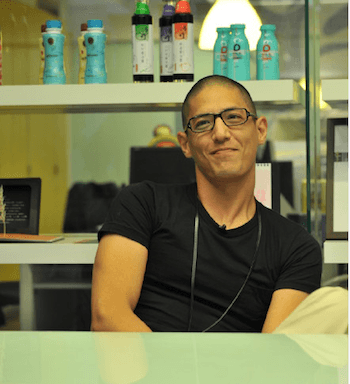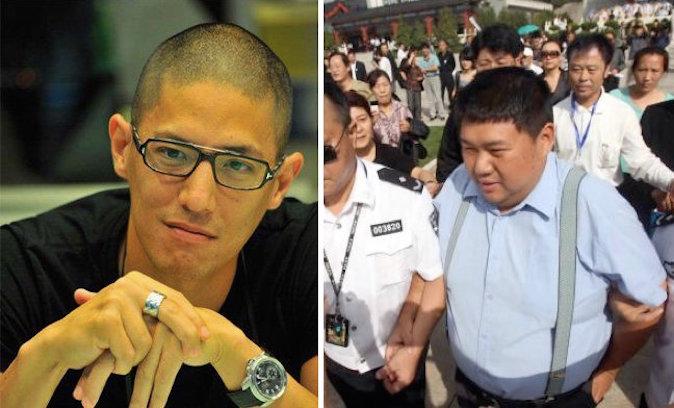China’s Communist Party may have won the civil war in 1949, but when it comes to online popularity contests today, the descendants of their enemy, the Nationalist Party, are well ahead.
Late Republican-era China, before the communists took power, was dominated by two towering figures: Communist Party leader Mao Zedong, and Kuomintang (Nationalist Party) head Chiang Kai-shek. Chiang and the KMT ostensibly ruled China from 1927, but fled to Taiwan to escape the communists nearly 20 years later. Once Mao seized power, he swapped the giant portrait of Chiang Kai-shek in Tiananmen Square, which was hung in 1945 to celebrate the Nationalist victory over Japan, for one of his own.
Over 60 years later, Demos Chiang Yu-bou, 39, opened an account on Sina Weibo, China’s version of Twitter. It was a picture of himself leaning back in a chair and in a plain black T-shirt, hands resting on his legs, with the phrase “Good morning.” And it led to over 40,000 Weibo followers within the next seven hours, according to Taiwan broadcaster Central News Agency. Four days later, on May 12, he had over 250,000 followers.





